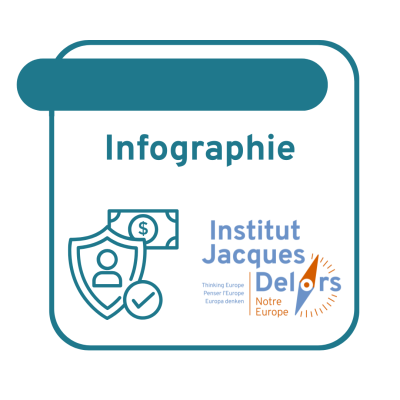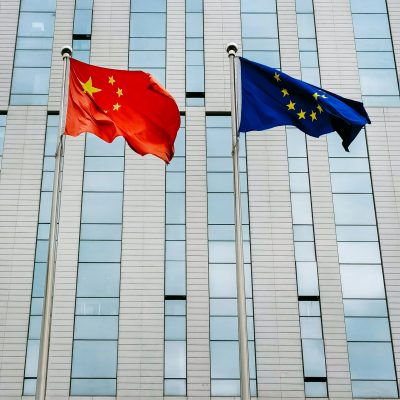[EN] Le printemps raté de la politique méditerranéenne de l’UE
*Uniquement en anglais*
Haizam Amirah Fernández, Analyste senior pour la Méditerranée et le monde arabe, Institut Royal Elcano, Timo Behr, Chercheur associé, Notre Europe – Institut Jacques Delors —
The changing political and social realities in North Africa and the Middle East, following the antiauthoritarian uprisings that started in Tunisia in late 2010, took Europe’s institutions and governments by surprise. The fall of the wall of fear in Arab societies represents a major challenge, of unknown proportions for Europe, but also an unprecedented opportunity for building a new regional stability based on good governance, inclusive development and mutually beneficial exchanges. The EU responded to these various challenges by launching a major revision of its neighbourhood policies. This represents a clear shift from the EU’s previous policies that, deliberately or not, favoured “authoritarian stability”. While this shift from authoritarian to sustainable stability does represent a long overdue course correction, the EU’s strategic adjustment remains incomplete in many regards. The geopolitics of the Mediterranean region have been altered and the EU risks paying a hefty price in terms of security, influence and access in case it opts for a passive, wait-and-see approach.

Disponible en anglais uniquement
Ce Policy Paper est une contribution de Haizam Amirah Fernández (Elcano Royal Institute) et Timo Behr (Notre Europe – Jacques Delors Institute) au projet Think Global – Act European (TGAE). Thinking Strategically about the EU’s external action dirigé par Notre Europe – Institut Jacques Delors(rapport disponible en mars 2013, dir. Elvire Fabry, Chercheur Senior, Notre Europe – Institut Jacques Delors).
Avant la publication du rapport final présentant les recommandations clés des16 think tanks mobilisés dans ce projet, 5 séries de Policy Papers portent sur les sujets suivants : Voisinage de l’UE, PSDC, Ressources stratégiques, Migration et Politiques économiques.
Ce Policy Paper fait partie de la série intitulée « Comment faire du voisinage de l’Union européenne une opportunité pour l’Union elle-même?» qui comprend les contributions de Adam Balcer (demosEUROPA) Michele Comelli (IAI), Christophe Hillion (SIEPS), Lucia Najšlová (Europeum), Vera Rihácková (Europeum), Olga Shumylo-Tapiola (Carnegie Europe).
Voir les autres contributions de la série de voisinage >>
Ce projet est mené avec le soutien du 




